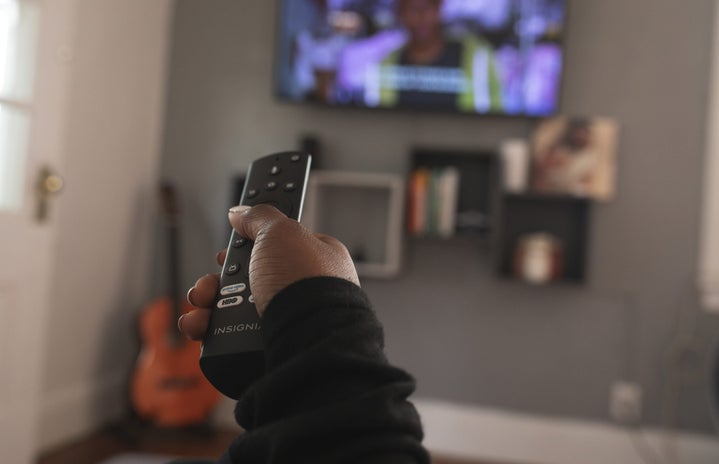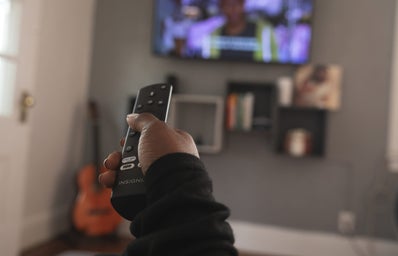Content warning: This article talks about sexual violence and discussions of trauma.
Up until last week, I had been meaning to watch the 2020 HBO limited series called “I May Destroy You.” It earned a lot of praise from film and TV critics, awards ceremonies, as well as the general public while somehow still managing to fly under the radar.
It was because of this that I somehow went two years without seeing it, and now that I finally did, I don’t think I’m going to shut up about it for quite a while. The series deserves every bit of acclaim it received, and I wish people did not forget about it so easily so that the word could be spread to anyone who has not heard of this show.
The series follows a free-spirited writer living in London named Arabella Essiedu whose life is totally derailed by a drug-induced sexual assault. She struggles to go through life the same way after she is raped, and faces a string of obstacles varying from her mental and physical health, her work, friendships, relationships and even social media presence.
Although the subject and storyline are heavy, I promise that the writer, creator, director and lead actress Michaela Cole handles all of it with the utmost grace and sensitivity. She is also extremely skilled with including humor in situations where one might not expect it.
One of the main concepts the series centers is consent, and “I May Destroy You” manages to be a far more nuanced depiction of what consent is than most films and TV shows I have seen that attempt to portray sexual assault. Consent is a recurring motif, with multiple of the characters facing experiences where they realize not only the importance of it, but the many ways in which it can be present or absent.
Something I was extremely impressed by is the way that the series addresses the grey area when it comes to difficult subjects like sexual assault, sexism, racism and homophobia. None of the main characters in this show are perfect, they all make mistakes that would seem “unforgivable” to some.
But the whole point of the show is that there is no single easy way to go about life and human relationships, especially after experiencing trauma.
These days with social media it’s very easy to fall into patterns of thought that uphold strict binaries of what is “right” and what is “wrong;” people will misunderstand a TikTok they see on their For You page and bully the person who posted it. The isolation of social media allows us to feel morally righteous or superior when in reality, we are all human beings.
“I May Destroy You” not only addresses the hardships of recovery from rape, but also the collective desensitization and loss of sympathy we experience in the face of hook-up culture and social media.
I feel a bit ashamed that it took me two years to finally sit down and watch this show, but I cannot say that I am disappointed; I wholeheartedly recommend “I May Destroy You” to everyone. It is an important limited series that expertly and unapologetically handles subjects that so many people have spent years tiptoeing around.



